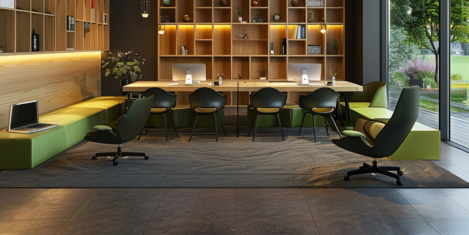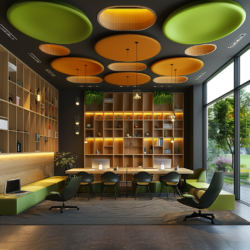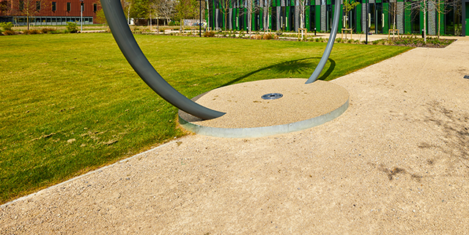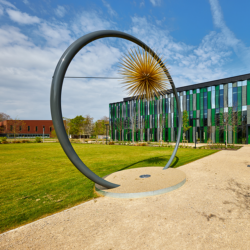May 3, 2024
Oxford rents poised to surge as office and lab space dwindles
 Oxford’s thriving science and technology sector is facing a potential hurdle: a critical shortage of office and laboratory space. According to a new report by property consultancy Vail Williams, this scarcity could send rents spiralling upwards in the coming year. The report paints a concerning picture. The city, it suggests, has just about enough Grade A office and lab space to meet demand from life sciences and biotech companies for the next year. This limited supply is a stark contrast to the high demand, particularly considering the strong take-up figures from last year, which saw around 420,000 square feet of lab space leased. (more…)
Oxford’s thriving science and technology sector is facing a potential hurdle: a critical shortage of office and laboratory space. According to a new report by property consultancy Vail Williams, this scarcity could send rents spiralling upwards in the coming year. The report paints a concerning picture. The city, it suggests, has just about enough Grade A office and lab space to meet demand from life sciences and biotech companies for the next year. This limited supply is a stark contrast to the high demand, particularly considering the strong take-up figures from last year, which saw around 420,000 square feet of lab space leased. (more…)

































April 5, 2024
A just in time lesson about office design
by Mark Eltringham • Comment, Workplace design
(more…)